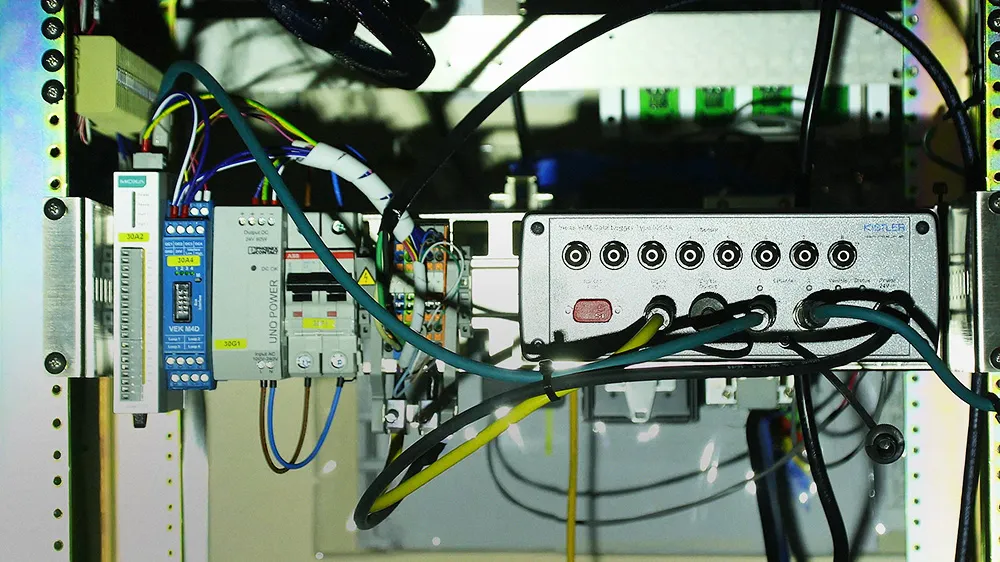A new Hong Kong-based RFID hardware provider has emerged to offer UHF RFID solutions for security, access control, electronic tolling and logistics applications. Star Systems International was formed by a group of former employees of Sirit and Federal Signal Technologies with more than forty years of experience in the automatic identification, intelligent transportation and RFID industries. Star Systems International has obtained international distribution rights for products from Star-RFID, a Thailand base
July 3, 2013
Read time: 2 mins
A new Hong Kong-based RFID hardware provider has emerged to offer UHF RFID solutions for security, access control, electronic tolling and logistics applications. Star Systems International was formed by a group of former employees of 495 Sirit and 811 Federal Signal Technologies with more than forty years of experience in the automatic identification, intelligent transportation and RFID industries.
Star Systems International has obtained international distribution rights for products from Star-RFID, a Thailand based RFID tag manufacturer. Star-RFID is one of only two manufacturers in the world licenced to manufacture vehicle tags using the6095 Kollakorn patented tamper evident/break on removal technology, which is widely used in secure vehicle identification applications such as e-tolling, vehicle registration and secure access control.
The company's Scorpio and Venus UHF windshield tags, as well as the Aries UHF vehicle headlamp tag, leverage the Kollakorn technology for these secure applications. The company also offers the Taurus UHF Inlay, which is ideal for supply chain, asset tracking, inventory, and logistics applications.
Star Systems International also designs, develops and distributes high performance readers, custom tags, and custom antennas for all RFID applications, along with a range of handheld RFID readers and RF cable assemblies.
“This is a top professional team that has extensive real world experience implementing RFID applications with focused expertise on vehicle applications such as e-tolling, parking and secure access control,” said Bob Karr, managing director of the new Star Systems International.
The team at Star Systems International successfully co-developed and deployed the eTag tolling system currently being used island-wide in Taiwan. They also have experience in Thailand, Turkey, India, Vietnam, and the USA with vehicle identification systems.
Star Systems International has obtained international distribution rights for products from Star-RFID, a Thailand based RFID tag manufacturer. Star-RFID is one of only two manufacturers in the world licenced to manufacture vehicle tags using the
The company's Scorpio and Venus UHF windshield tags, as well as the Aries UHF vehicle headlamp tag, leverage the Kollakorn technology for these secure applications. The company also offers the Taurus UHF Inlay, which is ideal for supply chain, asset tracking, inventory, and logistics applications.
Star Systems International also designs, develops and distributes high performance readers, custom tags, and custom antennas for all RFID applications, along with a range of handheld RFID readers and RF cable assemblies.
“This is a top professional team that has extensive real world experience implementing RFID applications with focused expertise on vehicle applications such as e-tolling, parking and secure access control,” said Bob Karr, managing director of the new Star Systems International.
The team at Star Systems International successfully co-developed and deployed the eTag tolling system currently being used island-wide in Taiwan. They also have experience in Thailand, Turkey, India, Vietnam, and the USA with vehicle identification systems.










